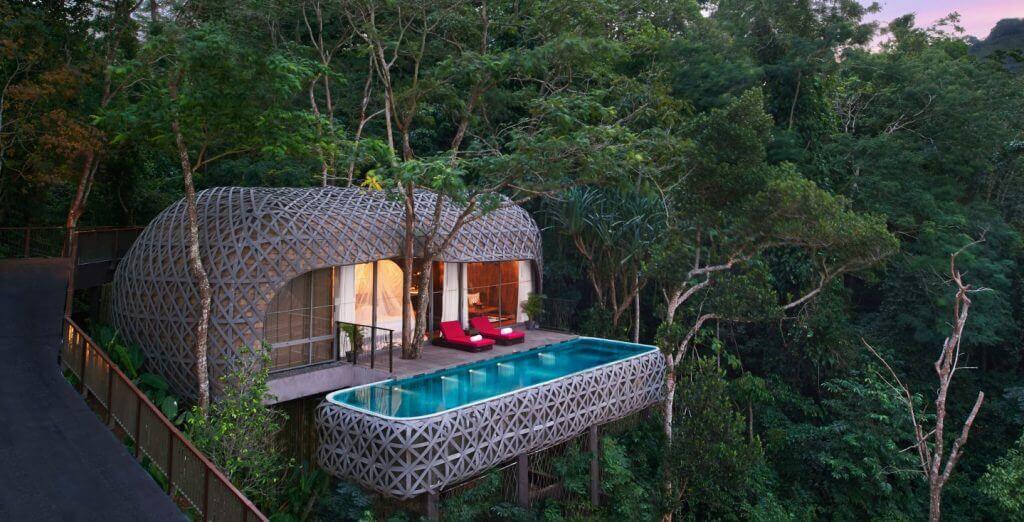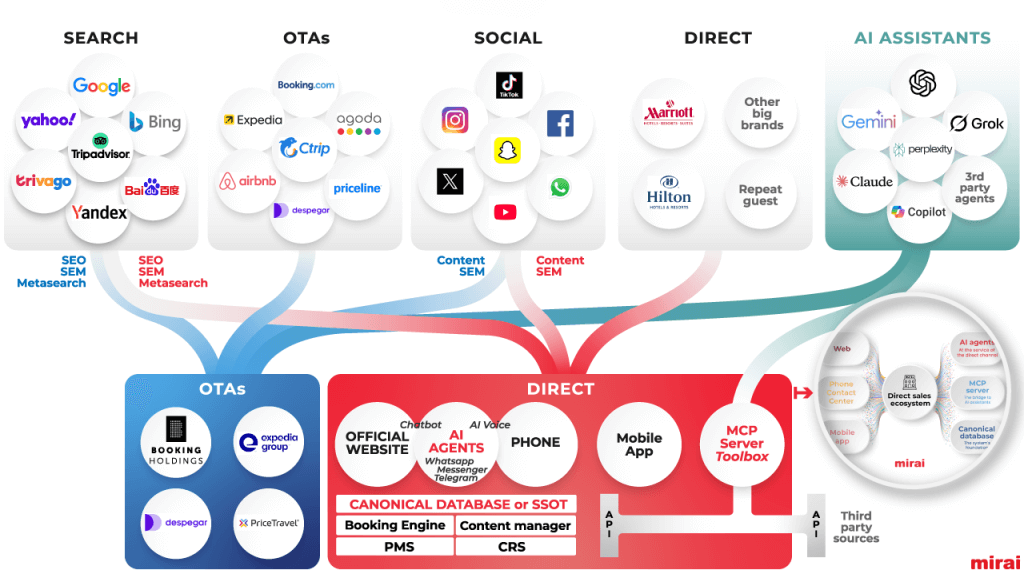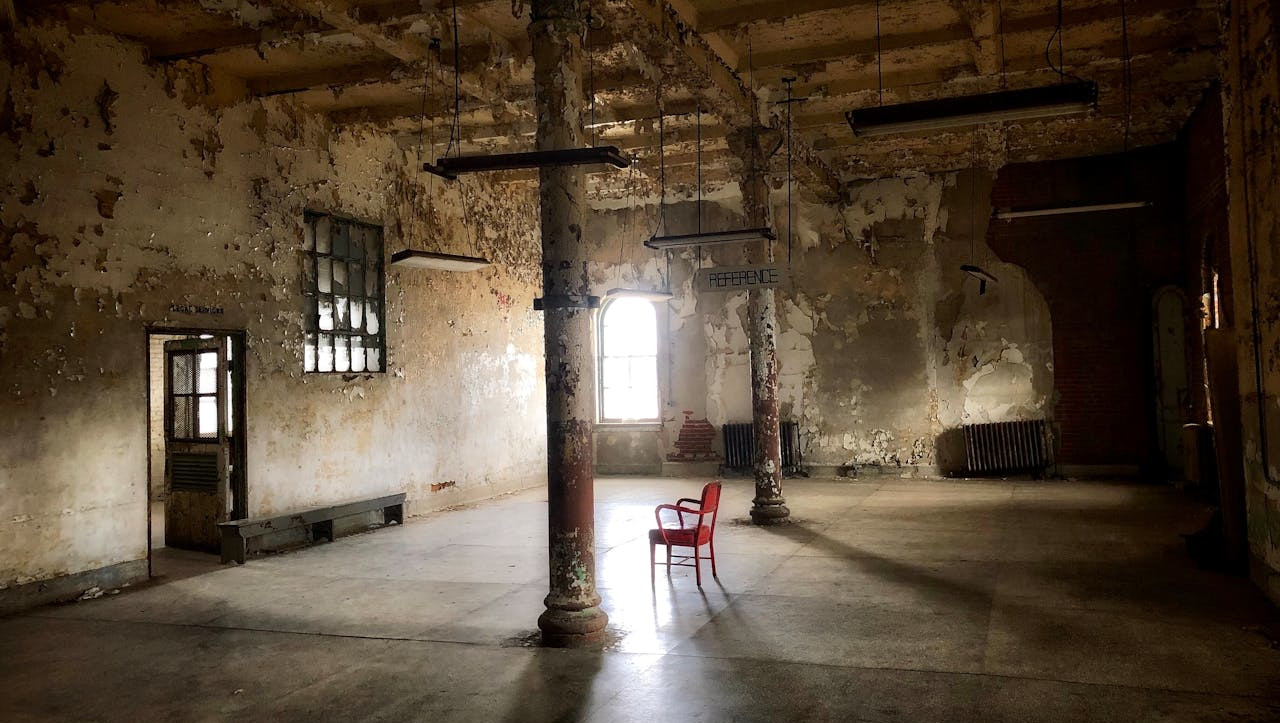
As the luxury marketing landscape evolves and becomes more competitive, luxury hotel brands need to be innovative and experience-driven now more than ever, beginning with their online presence.
NB: This is an article from NextGuest
With the average traveler spending 13% of their time online conducting travel-related activities (Think With Google), it’s crucial for luxury hotels to ensure they provide the most relevant and compelling content throughout the travel planning journey. Here are five powerful strategies your luxury hotel brand can implement to create more meaningful digital experiences and drive greater success.
1. Website Personalization
For luxury hotel brands, personalized service is paramount. While this is the cornerstone of every luxury hotel experience, many of these brands lack personalization throughout their website and marketing strategy. And with 74% of customers feeling frustrated when website content is not personalized (Infosys), it’s key to starting customer relationships off on the right foot.
It’s important to focus on personalization that answers potential guests’ needs and creates a seamless experience with your brand. A truly successful personalization strategy will help guide potential guests through their travel planning journey and build a deeper connection with your brand along the way.
Personalization throughout your website should hone in on demographic, behavioral, and intent data points. Key data points such as loyalty status, RFM value, website pathing behavior, dates searched in the booking engine, and persona insights are just a few examples of meaningful insights that can help your brand create a more personalized experience on the website.
Here are some key website personalization examples in action:
- Loyalty Status: If a user is logged in, welcome them back by name when they come back to the website to finish their travel planning. Capitalize on past stay history and recommend room types that they’ve stayed in before. You can also serve packages, experiences, and events that are relevant to the guest’s interests you’ve captured in their profile (wellness, wine, etc.).

- RFM Value: Aside from personalization around loyalty status, personalizing content around RFM value can be a powerful strategy. For your “frequent best guests” that spend a high amount with your brand and stay frequently, serve them upgraded room types from their previous stays to increase their share of wallet with your brand.
- Website Pathing Behavior: Website pathing behavior can provide powerful insight into who your potential guest is and what they need. For instance, if a website visitor goes to the family travel section of your website, they are most likely planning a family vacation. Tag the visitor as a family traveler, and the next time they visit the homepage, serve a lifestyle image of a family with homepage content personalized to the family experience, activities, and packages.
Another powerful intent trigger is the number of times a potential guest has visited your website. For instance, if they’ve visited your website four times and are looking at the offers and rooms pages, they are lower in the booking funnel. Personalize website content to help give the final push to convert, such as book direct perks and benefits, unique selling points of different room types, and any exclusive offers.
- Dates Searched in the Booking Engine: Oftentimes a website visitor will initiate a booking and then abandon it to explore other options or compare rates across channels. When potential guests leave to explore other options, remarket them with display creative personalized to their stay dates, and when they return to the website to continue their research, pre-populate the dates they’ve previously searched so they can easily go right back into the booking process.
Hotel ZaZa, a boutique luxury brand in Texas, saw great results by offering consumers searching for accommodations instant access to the most accurate hotel rates, where they seamlessly click and book. This led to a 133% increase in revenue YoY, a .5% increase in conversion rate, and achieved a 30X ROI.
2. Persona-Driven Marketing Personalization
Personalizing content on your website is only one part of the equation. Just as your staff is expected to help curate and thoughtfully guide guests throughout their stay, your hotel brand should guide guests throughout their travel planning journey with thoughtfully curated messaging and content.
From the dreaming to the experiencing phase, meaningful and relevant messaging personalized to every phase of the travel planning journey is critical. Campaign messaging should be centered around the information potential guests are seeking in each phase of the journey to nurture guests through the booking funnel.
Dreaming Phase
Travel planners typically know the type of vacation they are seeking (beach, cultural, etc.) and are still narrowing down where they want to go.
- Marketing Messaging: Destination-focused messaging with softer call-to-actions like “Explore More”

- Editorial Content: Destination guides, insider local tips, and destination-focused video

- Targeting: Destination keywords, affinity audiences, and other upper-funnel targeting strategies
Planning/Booking Phase
Travel planners have narrowed down their destination but are now focused on finding the right neighborhood and accommodations.
- Marketing Messaging: Hotel-focused messaging highlighting room types, packages, and unique selling points of the property
- Editorial Content: Articles highlighting brand and property activations, hotel-centric video and photography

- Targeting: Long-tail keywords, branded keywords, in-market, and other lower-funnel targeting strategies
Experiencing Phase
Travel planners have booked their accommodation and have now started to plan their stay.
- Marketing Messaging: Ancillary revenue opportunities like dining and spa

- Editorial Content: Lifestyle content surrounding the brand experience, including art, culinary experiences, and local gems nearby
- Targeting: Remarketing with personalized content for guests who’ve completed a booking that upsells spa, dining, and activity offerings
3. Data-Driven Design
Luxury hotel brands heavily invest in creating a brand aesthetic, and rightfully so. Capturing your brand lifestyle through design and bringing your brand story to life on digital is fundamental. However, this is just the foundation of a strong digital presence. Elevate your design strategy with CRM insights and conversion testing.
Create an emotional connection with all guest personas.
Luxury hotel brands tend to think about the science behind customer data: identifying trends across customer segments, understanding the value of guests, and building audiences to fuel content and campaigns. While this exercise is critical to success, what about the emotional context this data can provide to help you uncover the emotional connection each customer persona has with your brand?
When you analyze your customer data and reviews to identify trends, focus on uncovering both the emotional and functional benefits each segment associates with your brand. This will ensure that your design and content decisions throughout your entire digital strategy will resonate with each and every guest on a deeper level, speaking to the right and left brain.
Conversion testing drives creativity.
Similar to A/B testing, conversion testing involves presenting different content and design to people visiting your website and then measuring the impact of the change on your website conversion rate. Not only can conversion testing dramatically increase revenue, but it can drive creativity and innovation by allowing your team to test new design, content, and layout ideas that push boundaries and set your brand apart.
4. Better Loyalty Program Integration Throughout the Website
It’s critical for a luxury hotel’s digital strategy to go beyond winning the guest and start focusing on winning the repeat guest. While most luxury hotel brands have their loyalty sign-up prominently displayed in the main navigation, there is an opportunity to more effectively integrate loyalty sign-ups throughout the website and booking experience.
For instance, when a website visitor is browsing room types, they should be prompted to enter their email address to unlock an exclusive rate or added perks to the room, such as welcome champagne. Once the email address is entered, you can trigger an email for the user to finish completing their loyalty profile and unlock an additional perk for a future stay. You can implement the same strategy for your offers and experiential packages, as well as other key areas of your website.
5. Context vs. Content and Your Website as a Concierge
In luxury marketing, experience is everything. While content creates the emotional connection with your brand, your content strategy will fall flat without the right context. It’s imperative to clearly communicate your brand experience and create context throughout every page of your website and across every marketing channel.
View your website as a concierge for your brand, inspiring guests and helping them effortlessly plan their stay. Here are some key considerations:
- Primary navigation shouldn’t just highlight offerings, but also unique selling points or key pillars of your brand (brand-wide activations, experiential content, etc.) to immediately introduce your brand story and what sets you apart.
- Your website should have clear content that speaks to every phase of the travel planning journey (dreaming, planning, booking, and experiencing) with thoughtful content taxonomy that guides visitors through their planning journey.
- Embrace a first-person perspective with content and videos that bring your brand experience to life through the perspective of the guest.
- Allow website visitors to book experiences at your property directly through your website (cabanas, welcome wine and cheese boards, bike rentals, etc.)
Overall, your hotel’s website and marketing should align with your luxury brand. By creating a personalized website experience, utilizing persona-based marketing, focusing on data-driven design, integrating your hotel loyalty program throughout the website, and making your website an online concierge for past, present, and future guests, your luxury brand will come to life and stand out from the competition.




